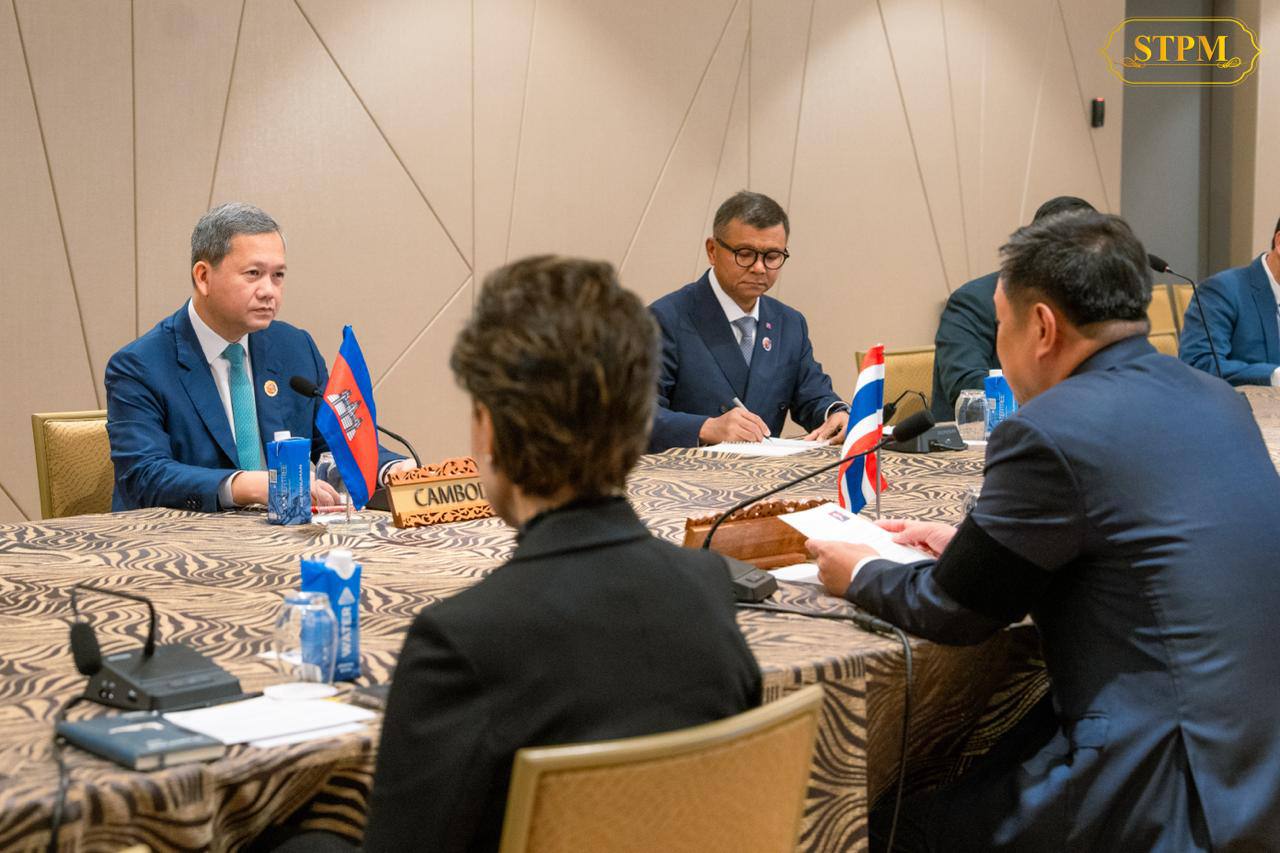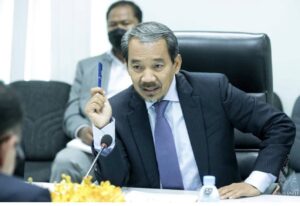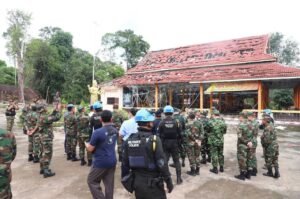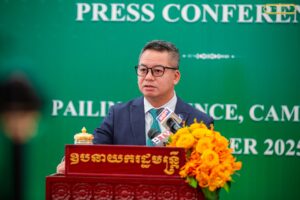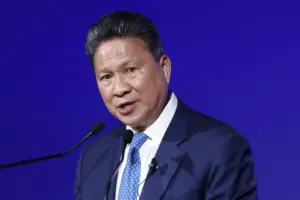Thailand’s Situation after the Kuala Lumpur Peace Agreement: Calm on the Surface, Tremors Beneath
Following the signing of the Cambodia–Thailand Peace Agreement in Kuala Lumpur, the political and security situation within Thailand appears far from tranquil. Although outwardly calm, the country’s internal landscape is shaking with complex tensions, factional conflicts, and early signs of political instability. Many Thais have yet to fully comprehend or accept what truly transpired, and divisions in national unity are deepening, as mutual accusations dominate the political scene.
The peace deal that ended hostilities with Cambodia has forced Thailand to confront growing domestic pressure, particularly from ultranationalist opposition groups. The agreement made it clear that Thailand can no longer manage its own national security in isolation—it must now rely on the involvement of international actors, notably Malaysia, ASEAN, and the United States. This has created a widespread perception that Thailand is losing its political sovereignty and national prestige.
For Prime Minister Anutin Charnvirakul’s government, the Kuala Lumpur Peace Agreement has become a major national challenge, especially among nationalist circles who view it as a diplomatic defeat and a humiliation at the hands of Cambodia—a smaller and economically weaker neighbor. Although Anutin tried to frame it as “a peace step for the future,” many nationalists interpret it as Thailand being forced to lay down its arms and curb the military’s traditional expansionist posture toward Cambodia.
On the military front, the Thai armed forces are facing intense pressure to withdraw heavy weaponry from the border areas—positions they once believed gave them an advantage over Cambodia. These withdrawals are being carried out under the watchful eyes and pressure of the international community, and are widely perceived as a forced retreat rather than a diplomatic or military victory. The peace initiative itself originated from Cambodian Prime Minister Hun Manet and his government’s strong diplomatic drive—meaning it was never Thailand’s desired outcome.
Consequently, the Thai government faces inescapable pressure, particularly because Cambodia swiftly implemented its side of the deal—removing heavy weapons under the supervision of AOT observers. This left Thailand withdrawing only after Cambodia, a move seen as a major embarrassment damaging the Thai military’s long-held prestige and political influence.
Economically, Thailand’s situation continues to deteriorate. The closure of border crossings and the Cambodian public’s growing boycott of Thai goods have severely disrupted cross-border trade, hurting local livelihoods along the frontier. Before the conflict, Thailand heavily depended on daily trade with Cambodia. Even though Anutin has claimed the borders will reopen once Cambodia fully fulfills its obligations, the delays have already caused deep economic tension.
Adding to the crisis, Thailand’s new trade deal with the United States has been met with heavy criticism, as it is seen to bring little benefit and significant national loss. Analysts argue that the 19% tariff rate on Thai goods remains unchanged, while most benefits flow back to Washington—revealing a weakness in Anutin’s economic diplomacy. Critics also believe the U.S. took advantage of its role as mediator and witness to the Cambodia–Thailand peace accord to secure favorable terms for itself.
In this context, Thai nationalism is once again rising—but in an emotional rather than strategic form. Many Thais still believe their country is inherently stronger than Cambodia, yet they are reluctantly acknowledging that the peace agreement represents a diplomatic triumph for Cambodia and a strategic failure for Thailand. Much of the blame is being directed at Anutin’s young and inexperienced government, accused of neglecting the nation’s long-term interests.
Ultimately, resolving tensions requires sincerity and genuine adherence to the peace accord signed by both sides—witnessed by U.S. President Donald Trump and Malaysian Prime Minister Anwar Ibrahim. Thailand can no longer afford to obstruct or undermine the peace process, as doing so would portray the country as dismissive of international law and further erode its regional influence. Any renewed aggression toward Cambodia—a victim of the conflict—would only drive global sympathy and support toward Phnom Penh.
Given these overlapping political, economic, and social crises, Thailand now stands at a critical crossroads that could lead to renewed internal political unrest if the Anutin government fails to restore national unity and public confidence.
True self-defense now lies not in confrontation, but in adopting a clear, balanced, and reconciliatory perspective. Otherwise, Thailand’s reputation will continue to suffer, and its government will face deepening humiliation if it lacks the courage to address these challenges head-on.
By: Pin Vichey – Political Science Scholar

